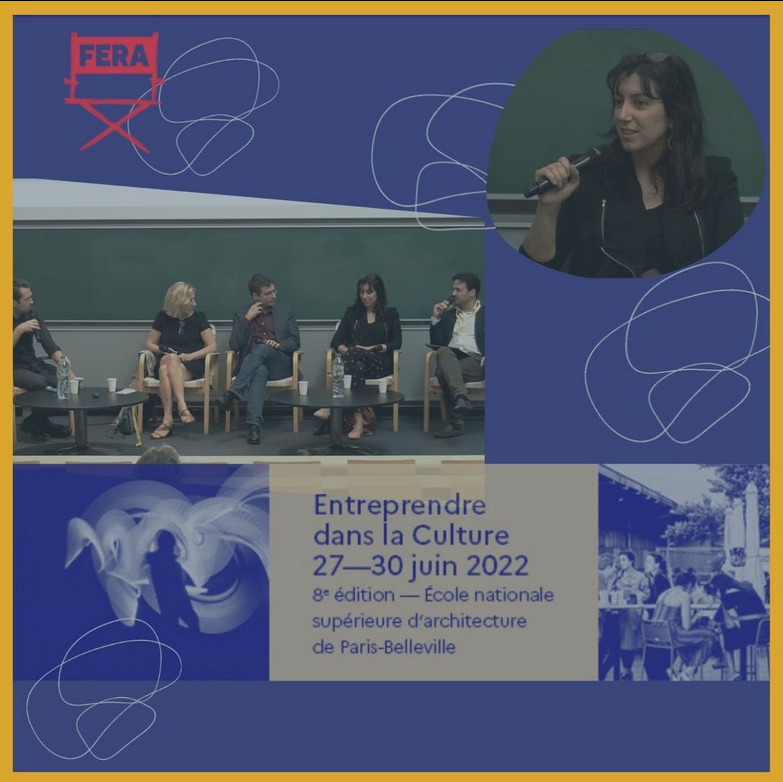
Preserving European culture in an ever-changing digital world at the “8th Forum Entreprendre Dans la Culture”

The French Presidency of the Council of the European Union aimed to promote culture in different public policy discussions and focused on its role in a rapidly evolving digital world at the 8th edition of “Forum Entreprendre Dans la Culture”, which took place in Paris from 27-30 June at the École nationale supérieure d’ architecture Paris-Belleville.
The Forum offered nearly 80 round tables and sectoral and transversal workshops, as well as meeting times for entrepreneurs and technical experts, on national and European financing, company structuring, ecological transition, export, digital creation, social and solidarity economy (SSE), and the national strategy for accelerating cultural and creative industries with €400 million over 5 years (2021-2025) which aims to promote innovation in all cultural sectors.
On June 28, the roundtable “Comment préserver et réaffirmer la richesse et la diversité culturelles européennes à l’ère numérique? ¬ How to preserve and reaffirm Europe’s cultural wealth and diversity in the digital age?” was moderated by Fabien Miclet, independent consultant specialised in European cultural issues with panellists from different cultural sectors: Lodovico Benvenuti, Managing Director, International Federation of the Phonographic – IFPI, Véronique Desbrosses, General Manager, European Grouping of Societies of Authors and Composers – GESAC, Quentin Deschandelliers, Legal Advisor, Federation of European Publishers (FEP), and Pauline Durand-Vialle, Chief Executive Officer, Federation of European Screen Directors.
Solutions to preserve the European cultural model in a world of increasing global competition were discussed, with FERA underlining the importance of securing intellectual property rights in Europe at a time of sea changes in the audiovisual production and distribution market to ensure the sustainability of local industrial ecosystems as well as audiovisual authors’ artistic and creative freedom. Collective mechanisms were also discussed as a key vector to ensure fairness as well as legal certainty across the cultural and creative sectors’ respective value chains.
To go further
